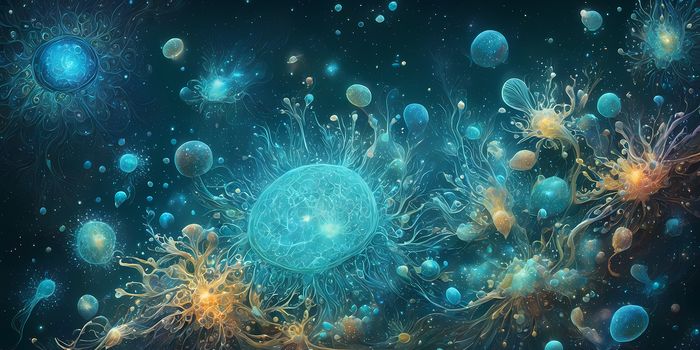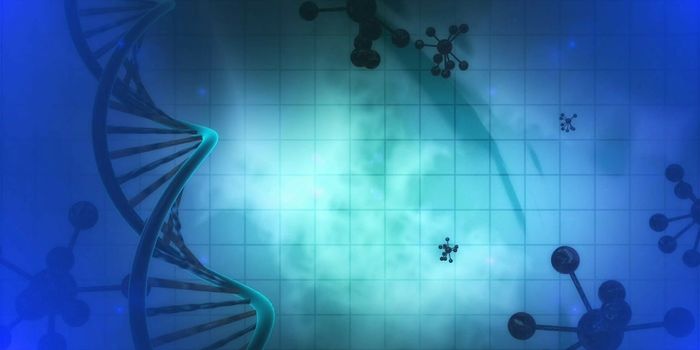Scientists develop tumor immunity map
A new study published in eLife describes the findings from a study that has successfully mapped tumor cell molecules. The map provides hope for expanding the number of patients who could be receptive to immunotherapy treatments. In developing the map, the research team behind the study analyzed human leukocyte antigens (HLAs) that are not typically included in HLA-based immunotherapies.
HLAs are important because HLA-restricted T cell responses can induce antitumor effects in cancer patients; however, previous studies have typically focused on the few HLA alleles prevalent in a specific subset of ethnic groups. These researchers wanted to expand the knowledge to include a wider population.
"Most studies have focused on HLA proteins that are commonly found in the general population," explains co-first author Kenji Murata, a postdoctoral fellow at the Princess Margaret Cancer Centre, University Health Network, Toronto, Canada. "We have developed a new technique that allows the sampling of underrepresented HLA proteins to find peptides or antigens that can induce an anti-tumor immune response. We can then stimulate the patient's own immune cells with those peptides and give them back to the patient to help treat their cancer."
In their analysis, the team isolated T cells from patients with melanoma with 25 different types of HLAs. This combination let them analyze T cell interactions with more than 800 different antigen peptides. As the authors write in their study, “We were able to determine the specificity, on average, of 12.2% of the tumor-infiltrating T lymphocytes recognizing a mean of 3.1 shared antigen-derived epitopes across HLA-A, B, and C. Furthermore, we isolated a number of cognate T cell receptor genes with tumor reactivity.”
The researchers hope their map will broaden the audience of those cancer patients who are receptive to immunotherapies. "By querying human melanoma-derived T cells and using novel HLA proteins bearing common tumor antigens, we have been able to discover both new and existing immunologically active antigens in tumors," concludes senior author Naoto Hirano, Senior Scientist at the Princess Margaret Cancer Centre. "Our strategy allows for a more complete examination of the immune response and development of novel cancer vaccines and immunotherapies for a broader group of patients not limited by HLA prevalence or tumor mutation burden."
Sources: eLife, Eureka Alert








